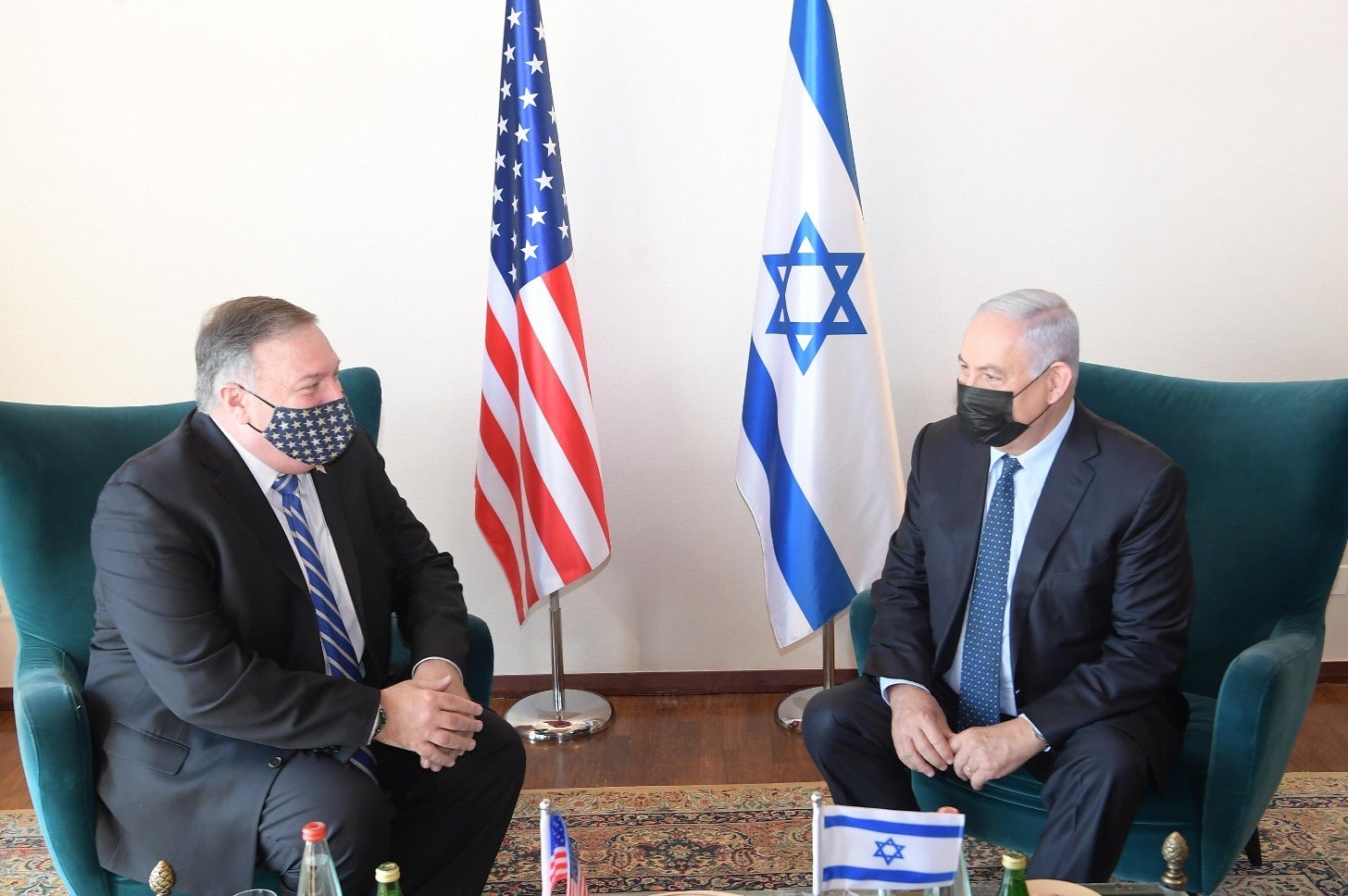A video conference was made on Thursday between officials from the United States and Israel to discuss the two countries’ security challenges in the Middle East as well as the Biden administration’s plan to re-open diplomacy with Iran on nuclear weapons.
This emanated as the Biden administration is looking to return to the 2015 nuclear deal that saw Iran settle and limit its nuclear program, on the condition of lifting of international sanctions.
“It is vital to the president, to the administration that as we are looking ahead to approaching diplomacy and moving toward a diplomatic track to preventing Iran from acquiring a nuclear weapon”, White House Press Secretary Jen Psaki said.
Israel for years has criticized and attempted to disrupt the deal, from which former US President Donald Trump withdrew from in 2018 in favor of his administration’s “maximum pressure” policy against the Iranian government.
Israeli Prime Minister Benjamin Netanyahu, who had stood on the side of the 2015 United Nations-backed contract, lately implicit that Israel’s potency alternative to military action against Iran.
“We are not pinning our hopes on any agreement with an extremist regime such as yours,” Netanyahu said in a recent speech directed at Iran. “With or without agreements – we will do everything so that you will not arm yourselves with nuclear weapons.”
Senior Israeli officials, comprising Defense Minister Benny Gantz, have held that Israel is progressing in contingency plans to attack Iran if it emerges to be mounting its nuclear activities.
Psaki believes that Biden is committed to “a diplomatic path” with Iran and that Israel’s opposition against diplomatic cooperation had dimmed after Iran’s confirmation of fulfilling with perimeters enacted on its enhancement of uranium whilst the deal is still in limbo.
“There was a recognition of the benefit of visibility on the ground. We do not have that now. We have not had it since the Trump administration pulled out of the deal,” Psaki said.
“We are very familiar with the concerns Israel has expressed and that is one of the reasons we engage them so closely around this and many other issues,” she added.
While the US and Israel have been faithful partners for eras, the two-pronged relationship touched new heights during the Trump administration.
While retreating from the nuclear agreement discussed under former President Barack Obama, Trump forced punishing economic sanctions on Iran. He changed the location of the US Embassy from Tel Aviv to Jerusalem and accepted Israel’s occupation of the Syrian Golan Heights, and cut finances to the UN agency for Palestinian refugees.
While Biden has held that he aims to reinstate funding to Palestinians and that he has not thought to return the US embassy to Tel Aviv and is reassuring of the Abraham Accords normalization agreements.
Palestinians disapproved the Abraham Accords as a perfidy. Secretary of State Antony Blinken has said the Biden administration decided to evaluate some of the inducements and arms deals offered by Trump as part of the agreements.














